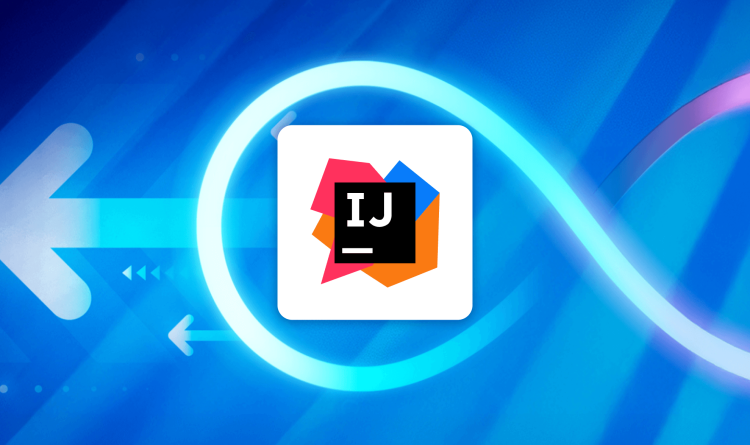The Cloud Native Computing Foundation (CNCF) is an open-source foundation that fosters the development and adoption of cloud-native technologies. As part of the Linux Foundation, CNCF was founded in 2015 to serve as the vendor-neutral home for projects like Kubernetes, Prometheus, Envoy, and more. CNCF’s mission is to make cloud-native computing ubiquitous by supporting a robust ecosystem of tools that help organizations build, scale, and secure modern, containerized applications.
What is CNCF?
CNCF acts as the steward for dozens of open-source projects critical to modern infrastructure. The foundation supports a diverse portfolio of tools focused on container orchestration, microservices, observability, service meshes, and more. These projects are categorized into three maturity levels:
- Sandbox: Early-stage projects that are being evaluated and developed within the CNCF community.
- Incubating: Projects with growing adoption and community support, undergoing active development and security assessments.
- Graduated: Mature, widely adopted projects that meet stringent security, governance, and documentation requirements.
Notable CNCF projects include Kubernetes (container orchestration), Prometheus (monitoring), Fluentd (log forwarding), Helm (package management for Kubernetes), and Envoy (service proxy). These tools power cloud-native architectures used by enterprises, service providers, and startups alike.
Why CNCF matters
CNCF plays a pivotal role in modern cloud computing. As organizations move to containerized and microservices-based architectures, they rely heavily on CNCF-hosted projects to run scalable, resilient applications across hybrid and multi-cloud environments.
CNCF has also become a central force in shaping cloud-native security practices. Its working groups and special interest groups (SIGs) develop guidelines, policy frameworks, and hardening standards that help organizations adopt cloud-native technologies securely. For example, CNCF’s Kubernetes Security SIG contributes to hardening guides that are widely cited in government and industry cybersecurity resources, including CISA’s Kubernetes Hardening Guide.
The foundation also enhances workforce readiness through its certifications such as the Certified Kubernetes Administrator (CKA) and Certified Kubernetes Security Specialist (CKS), ensuring consistent skills development in an ever-changing technology landscape.
CNCF technologies and ecosystem
Rather than focusing on a single platform, CNCF serves as the umbrella for a wide variety of open-source projects that underpin cloud-native computing. These technologies span multiple categories:
- Container orchestration: Kubernetes is CNCF’s flagship project and the de facto standard for orchestrating containerized applications across clusters of machines.
- Observability: Projects like Prometheus (metrics), OpenTelemetry (tracing), and Fluent Bit (logging) enable real-time monitoring, troubleshooting, and performance insights.
- Service mesh: Tools such as Linkerd and Istio provide traffic management, policy enforcement, and observability for microservices communications.
- Application delivery: Helm (Kubernetes package management), Argo (GitOps continuous delivery), and Flux streamline how applications are deployed and updated across clusters.
- Security and policy enforcement: Kyverno and Open Policy Agent (OPA) allow for policy-as-code and runtime enforcement of security and compliance rules.
- Runtime environments: Containerd and CRI-O provide lightweight container runtimes for executing containers in Kubernetes environments.
Each of these technologies is designed with extensibility, portability, and scalability in mind, and together they form the foundation for secure and resilient cloud-native systems.
Security considerations and adoption challenges
While CNCF technologies accelerate innovation, they also introduce new security and operational challenges. The rapid pace of deployment, complex dependency chains, and ephemeral nature of containers make traditional security approaches less effective.
Misconfigurations are a leading cause of security issues in CNCF-based environments. For example, improperly configured Kubernetes role-based access control (RBAC) settings or overly permissive pod security policies can expose applications to attacks. Supply chain risks are also a concern, with vulnerabilities in third-party containers and open-source packages potentially propagating into production workloads.
Another key challenge is visibility. As organizations adopt CNCF tools at scale, they often struggle to maintain comprehensive awareness of what’s running in their environments, what vulnerabilities exist, and how resources are communicating. This lack of visibility makes it harder to identify anomalous behavior, enforce policies, and ensure compliance.
Finally, securing cloud-native environments requires new skill sets. Security teams must understand how Kubernetes works, how service meshes enforce policies, and how to use tools like OPA to codify security rules. Without these capabilities, it’s difficult to implement defense-in-depth strategies in modern architectures.
How Orca Security helps
The Orca Cloud Security Platform provides deep visibility and security for organizations adopting CNCF technologies. With its agentless-first platform, Orca scans Kubernetes clusters, container images, and workloads without installing sidecars or making changes to infrastructure.
Key features include:
- Kubernetes security posture management (KSPM): Detects misconfigurations in Kubernetes clusters, control planes, and pod security policies.
- Container image scanning: Identifies known vulnerabilities in base images, libraries, and third-party packages before they reach production.
- Risk prioritization: Detects and prioritizes Kubernetes and container risks so teams can focus on the most critical ones.
- Compliance and audit readiness: Monitors CNCF environments for compliance with PCI DSS, SOC 2, NIST 800-53, and more.
- Threat detection and response: Identifies suspicious behaviors in cloud-native environments and also offers real-time visibility, monitoring, and protection.
Orca also supports software bill of materials (SBOM) generation and container signing workflows, helping organizations strengthen their supply chain security. With its unified platform, security teams can visualize their entire CNCF stack—from workloads to configurations to identities—and act quickly to mitigate risk.
By contextualizing risk across cloud-native workloads, Orca enables security teams to take swift, informed action and maintain strong security posture without disrupting operations.




